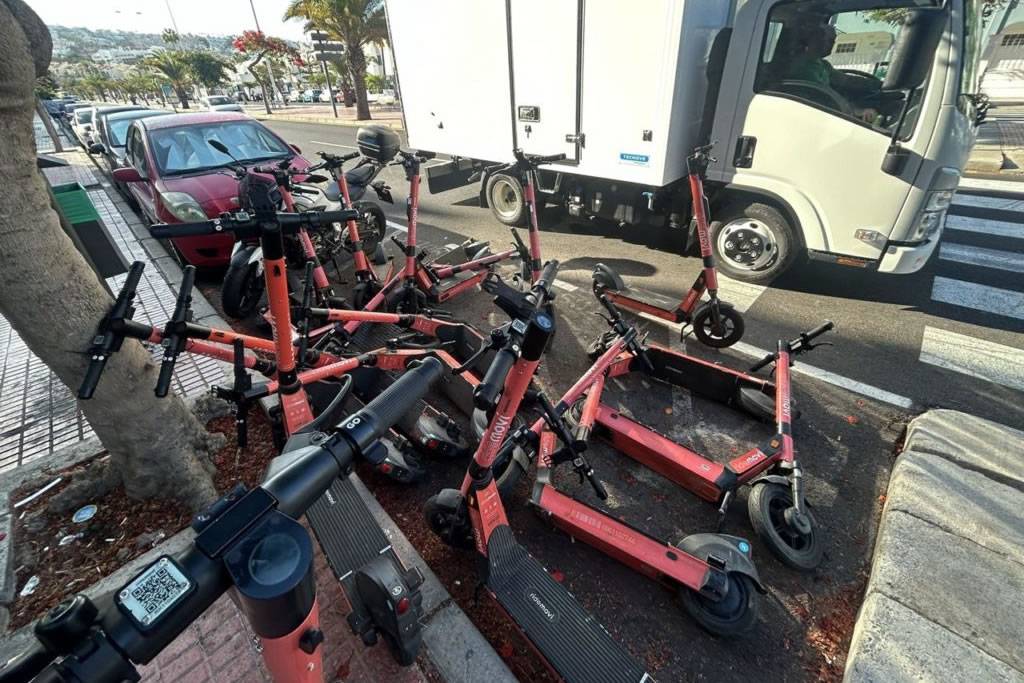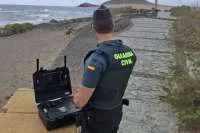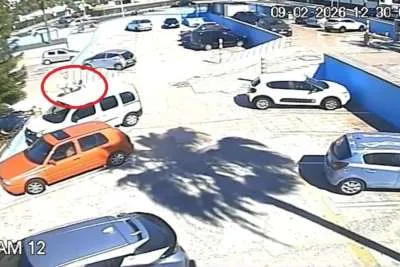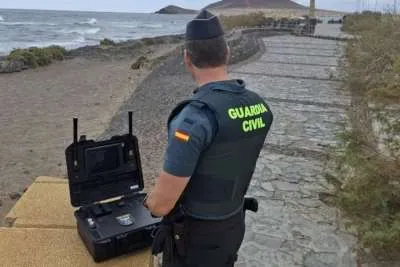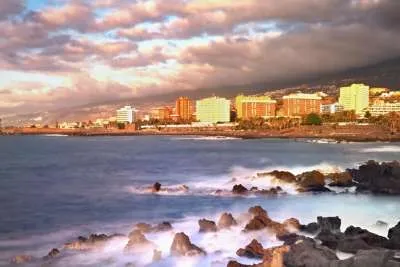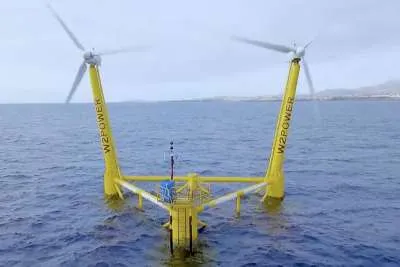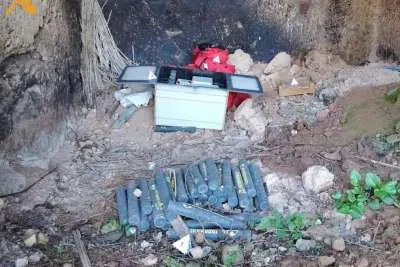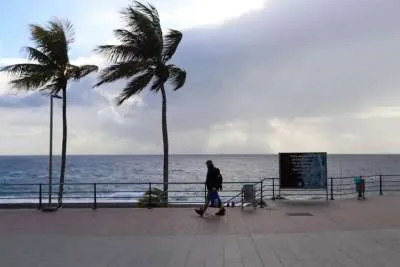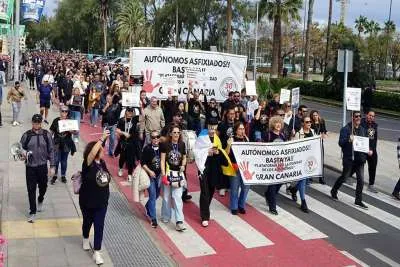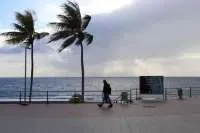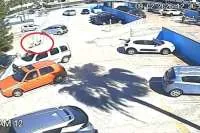Adeje to introduce new regulations for use of electric scooters
- 27-09-2024
- Tenerife
- Canarian Weekly
- Photo Credit: Stock Image / DA
In response to the growing challenges posed by the widespread use of electric scooters in the south of Tenerife, the Adeje Council are about to introduce new regulations to control their use. Adeje will become the second council on the island, after Santa Cruz, to implement a specific ordinance aimed at managing the increasing presence of these personal mobility vehicles in their municipality.
Key measures outlined in the forthcoming ordinance include mandatory use of helmets for riders and increased fees for removing and retrieving scooters from local compounds. These steps are part of the town hall’s Sustainable Urban Mobility Plan (PMUS), designed to address the chaos caused by the unregulated use and parking of electric scooters.
Mercedes Vargas Delgado, Deputy Mayor and Councillor for Security and Mobility in Adeje, is leading the effort to formalise the new regulations. She expects the ordinance to be approved by the end of the year, noting that "we have spent months working meticulously on this document to avoid future legal challenges." Vargas emphasised the need for the regulation to be "strict and firm" to ensure its effectiveness.
The misuse of electric scooters has become a significant issue for residents, particularly due to improper parking on pavements and public spaces. In 2023 alone, more than 4,000 scooters were removed in Adeje, highlighting the magnitude of the problem. Vargas also pointed out that across the Canary Islands, nearly 15,000 scooters have been impounded over the past three years, with complaints from citizens steadily rising.
Tighter Controls on Scooter Operators
In addition to enforcing helmet use, the new ordinance will impose stricter controls on the companies that operate electric scooters in the area. Currently, three companies are registered in Adeje, but the town has faced recurring issues with management and enforcement.
Vargas announced that higher fees will be introduced for abandoned scooters left on public roads and impounded by local authorities, a move intended to encourage operators to ensure more responsible use.
The municipality is also promoting educational campaigns in local schools to raise awareness among young people about the importance of adhering to the new safety regulations.
Regional Challenge
While Adeje is taking the lead in the southern part of Tenerife with these regulations, neighbouring municipalities like Arona are also drafting similar rules. However, Vargas acknowledged the difficulty of coordinating regulations between adjacent areas, particularly as there are no clear geographical boundaries separating some regions.
For instance, the proximity between Adeje and Arona in Playa Las Americas complicates enforcement, as companies contracted in one area may not be subject to penalties in the other.
The new PMUS in Adeje aims not only to regulate scooter use but also to promote a safer, more sustainable form of mobility. Vargas stressed the need for cooperation between all parties involved, from users to companies, adding that "it is the responsibility of local administrations to enforce rules that encourage peaceful coexistence."
With these measures, Adeje hopes to restore order to public spaces, ensure pedestrian safety, and encourage responsible use of scooters.
Other articles that may interest you...
Trending
Most Read Articles
Featured Videos
TributoFest: Michael Buble promo 14.02.2026
- 30-01-2026
TEAs 2025 Highlights
- 17-11-2025


